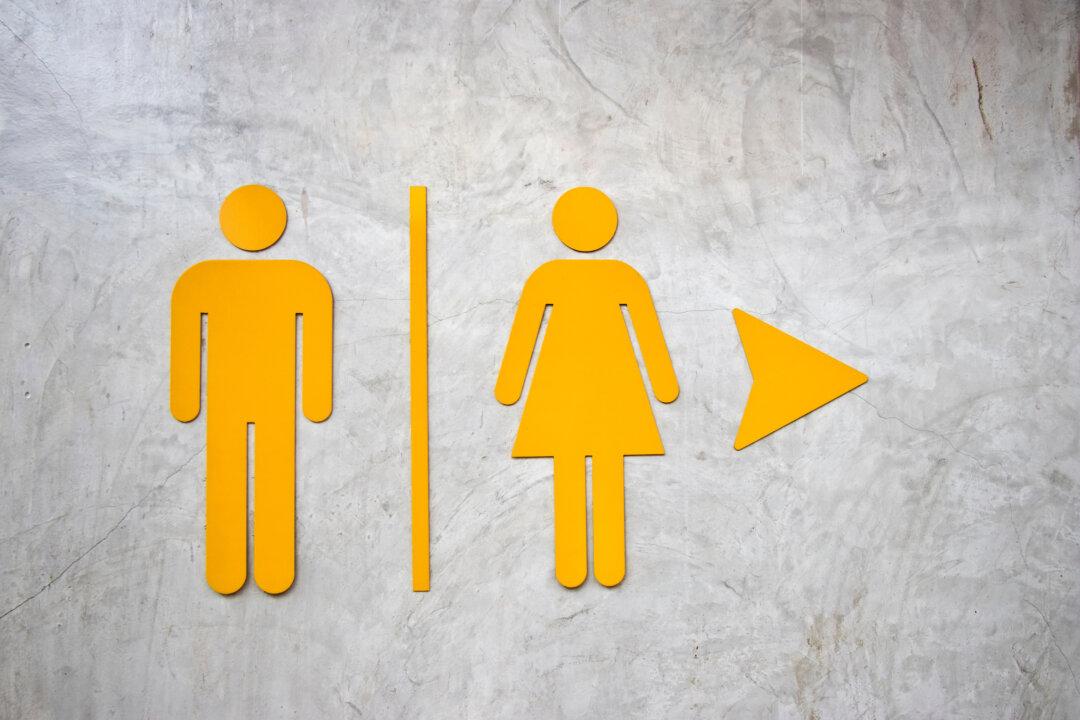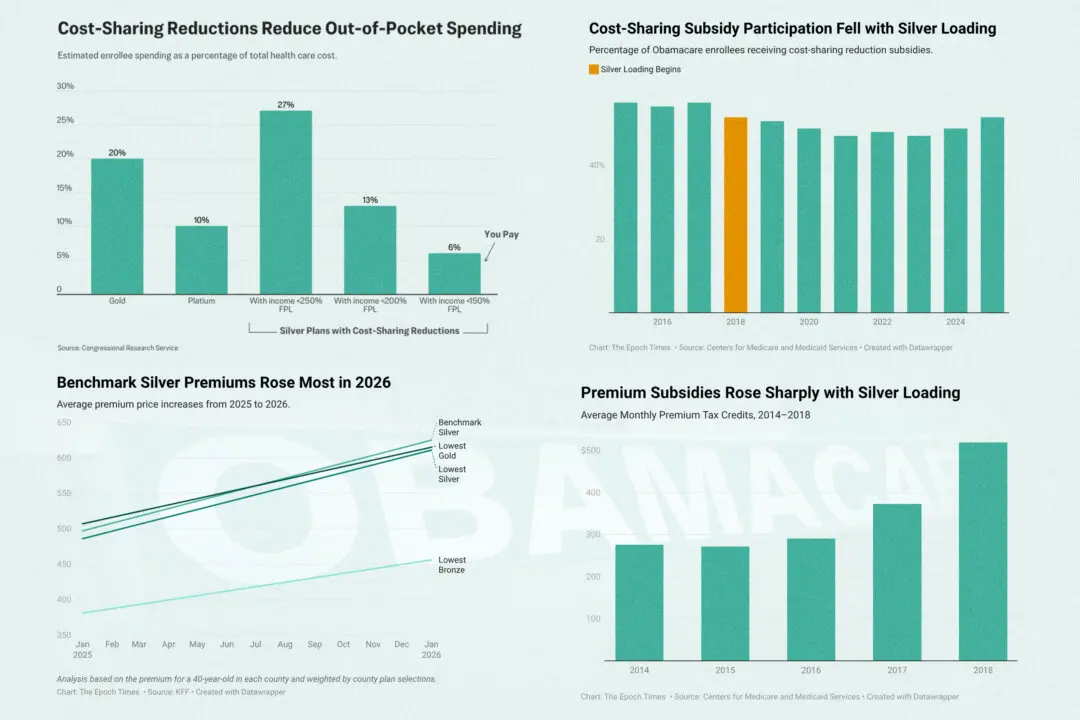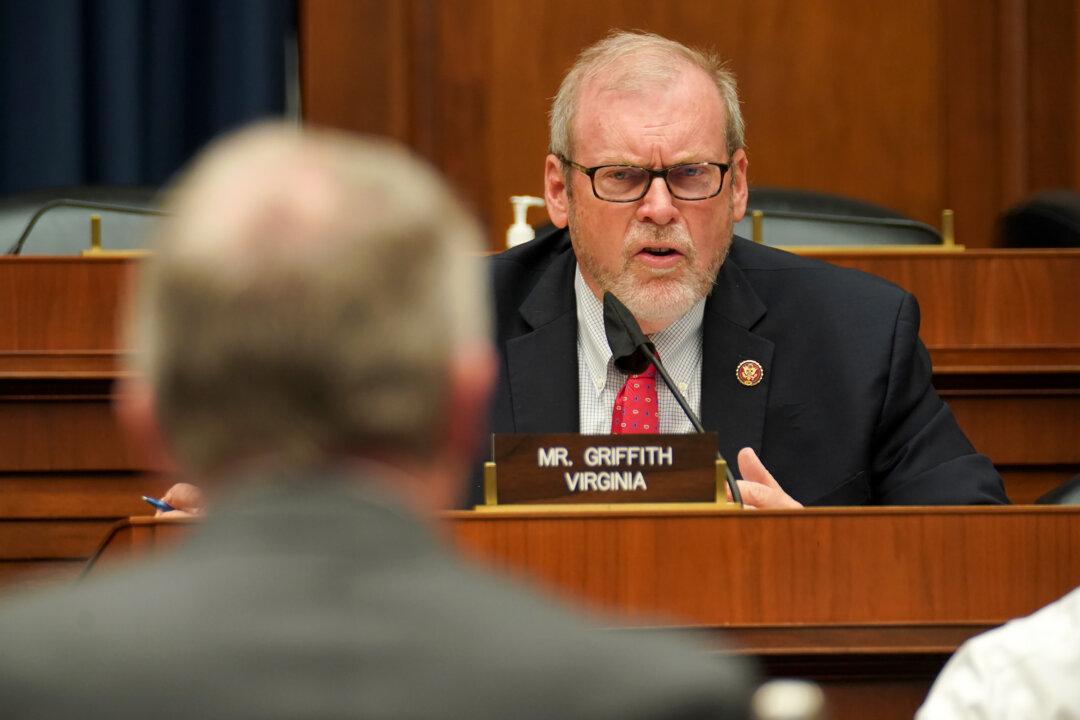A Florida school district’s policy requiring students to use the bathroom associated with their biological sex doesn’t discriminate against transgender students, a federal appeals court has ruled.
The decision settles a lawsuit brought by Drew Adams, a transgender student who was denied access to boys’ bathrooms as a 16-year-old at Allen D. Nease High School in Ponte Vedra Beach.





